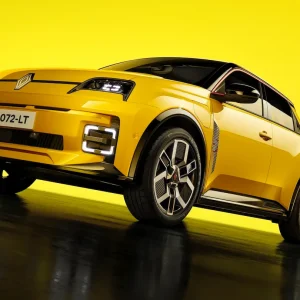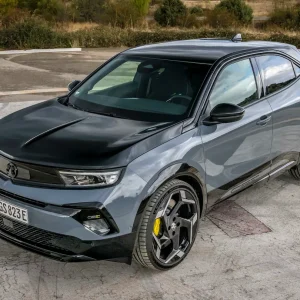The UK Government is under persistent scrutiny. Brexit, the coronavirus pandemic, and a number of other contentious issues lie at the heart of this. But all political viewpoints aside, it’s clear that our government is getting a lot right when it comes to EVs.
We’re currently leading the charge when it comes to implementing an environmentally focused EV strategy. Comparing like for like with our peers in mainland Europe, we’re a real frontrunner. Just take a glance at the £1.3 billion fund allocated by the government earlier this year to advance our EV infrastructure. In addition, Boris Johnson’s net zero strategy unveiled an extra £620 million for vehicle grants and to support the roll-out of charging infrastructure. Plus, a new ZEV Mandate will ensure adequate supply of clean vehicles to the UK from manufacturers. On paper, we’re already excelling.
Not only is the government supporting continued growth of our charging network, but it continues to fund low taxation on EVs, including those purchased or hired for personal and business use. Currently, EV drivers are exempt from paying Vehicle Excise Duty, and company car tax rates sit at just 1% – these are some of the best rates in the continent.
Upcoming regulatory changes are accelerating this change – the 2030 deadline for the ban of the sale of new ICE cars might seem ambitious, but with persistent change, we’re confident that we’re on track to hit this target. What does remain to be seen, though, is whether the deadline for the ban of the sale of one of our biggest emitters – ICE HGVs – is realistic. While we’re still 16 years away, the sale of only zero emission HGVs from 2035 is technologically a far greater feat for the industry. So, we actually expect to see this pushed to 2040.
In addition to financial support, the government is helping local councils to implement clean air zones in our most polluted cities. It hasn’t been an easy task – our cities are not uniform, and so there’s no set format for these regulations to be simply copied and pasted to new locations – but we have made progress.
What is incredibly important here is that the government implements an EV education campaign for local communities. The objective of this should be to make EVs inclusive. While some drivers are incredibly motivated by vehicle electrification and are keen to see widespread implementation of EV infrastructure to support the switch, others may feel left behind by those leading the charge. We need to share this progress with each other, sharing learnings and experiences along the way. And, to add to that, we need to learn to share EV chargers in the same way that we share fuel pumps, too.
While, on balance, the government is doing a good job to facilitate a transition from fossil fuels to electric, there are a number of other challenges that it’s yet to tackle. The most complex hurdle, currently, is fuel duty – which is proving to be the elephant in the room. This financial year, the government is projected to make around £20.9 billion from fuel duty, compared to £27 billion in 2019-20. Without this significant tax on the fuel that we use in our vehicles, the government will lose a huge proportion of its earnings.
Looking ahead to Sunak’s autumn Budget, all eyes and ears will be on this. Will we see a continuation of the fuel duty freeze? Or will petrol prices soar, exacerbating their current upward trajectory? This remains to be seen, but undoubtedly, the money needs to come from somewhere in the long term. There is no simple solution to this very complex issue. But what is vital is that the government consult key industry players well in advance of the 2030 ICE ban deadline. It’s essential that it gives itself and the public enough time to prepare for these significant legislative changes.
The other most significant area of change we expect to see over the next few years is the regulation of infrastructure – in essence, charge point providers and public access charging. Promisingly, the Office of Zero Emissions Vehicles is already pushing this change, working with industry leaders to combat key challenges.
One such challenge is public charging tariff regulation. Any EV driver could easily approach a charge point, pay a non-refundable £10 connection fee and a £50 pre-authorisation fee – refundable within as long as 6 weeks – for only £8 worth of electricity. One of the great benefits of going electric for drivers is reduced fuel and maintenance costs, so properly regulating unjust tariffs is vital. Accelerating change is difficult enough without drivers being left out of pocket. In a world where we are trying to encourage and accelerate electrification, this simply isn’t the way forward.
At the same time, charge point providers aren’t legally required to properly maintain charge points and neither are the sites at which they are located, sometimes leaving EV drivers high and dry. Over the coming months and years, we expect to see the implementation of tariff regulation, uniformity between different charge points, and regulation of public networks including proper licensing of charge point operators.
While much of the UK may be inspired to start their journey to electrification, the practicality of doing so is still a barrier to some. But, with continued support from the government at this current pace, and better widespread communication of the benefits of EVs, we’re well on our way to becoming an electric nation.
Matthew Walters is head of consultancy services and customer value at Leaseplan UK





